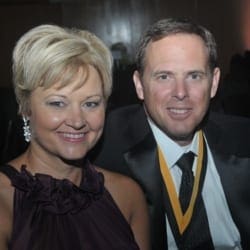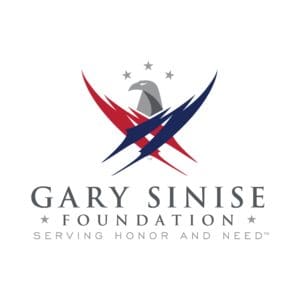My family and I are fortunate my husband is with us today. Albeit not easy, and at times very heartbreaking and overwhelming, it is worth it beyond measure.
What is one piece of advice you would offer to other military and veteran caregivers?
My advice to military and veteran caregivers is to give yourself a break. It is difficult. Sometimes it seems impossible. It can be very lonely. That is the truth. Don’t beat yourself up for not being able to be everything for everyone all the time. Do your best. It will get more routine and you will be okay. Although life will likely never be like it was before your turn of events, it can and will be good again. Together, you and your family will find your way.
At what moment did you realize you were a military caregiver?
In 2008, my husband called from a CSH in Afghanistan and told me he was in a helicopter crash, broke his back, and couldn’t move his legs. I knew I would go to him and help him get better. As the first few days of this journey turned into weeks, I realized I am going to be his caregiver, forever.
How has your life changed since you became a caregiver? What sacrifices have you had to make?
Immediately after my husband was paralyzed, I had to learn so much about his care—and there was a lot to learn! I was anxious to learn everything so I could be the person to help him. The care I provide now is different than it was initially and it is just part of life. Everything we do requires more planning, more effort, lots of coordination and a lot of creativity, but we can make a lot of good things happen. Of course there are disappointments along the way, but we try not to focus on those. The hardest part of my caregiving is carrying the burden of my husband’s physical pain. Doing the heavy lifting is easier than the compassion fatigue I experience. I also had to give up my successful real estate career to be the best caregiver and it is something I do not regret.

My Story
In 2008, Gary was a special operations helicopter pilot on his 20th deployment to Iraq when a mechanical failure caused a hard landing that left him paralyzed below the waist. Mari and Gary relied on mobility assistance equipment to restore some of Gary’s independence. When they discovered that the right mobility equipment was a key factor to a more independent and fulfilling life, they worked with several non profit veteran organizations to help get the equipment to other veterans. Later on they realized many civilians lacked the same access to this life changing equipment and began their own non profit, American Mobility Project, to bring mobility assistance equipment to those civilians in need.
After receiving the initial phone call about Gary’s injury, Mari left her teenage children at home in Tennessee and met Gary at Walter Reed National Military Medical Center in Maryland. Mari learned from medical staff how to care for Gary and prepare him for how his injuries impacted and changed his body. Within a few weeks, she was providing nearly all his nursing care under the supervision of the staff. During the years that followed, she also helped Gary through the dark emotional moments of adjusting to their new lifestyle.
Today, Mari assists Gary with the things that he cannot do in his wheelchair and transports their mobility equipment when they are traveling. She has also had to learn how to be a caregiver while requiring her own care while undergoing multiple surgeries and treating a nerve disorder.
In addition to their non profit, Mari has spent countless hours volunteering for many organizations such as Infinite Hero Foundation, Tribute to Valor, American Airlines Veterans Initiatives Program and Air Power Foundation. After 25 years, she retired her real estate license to devote her time to caregiving, American Mobility Project, and other non profits.











